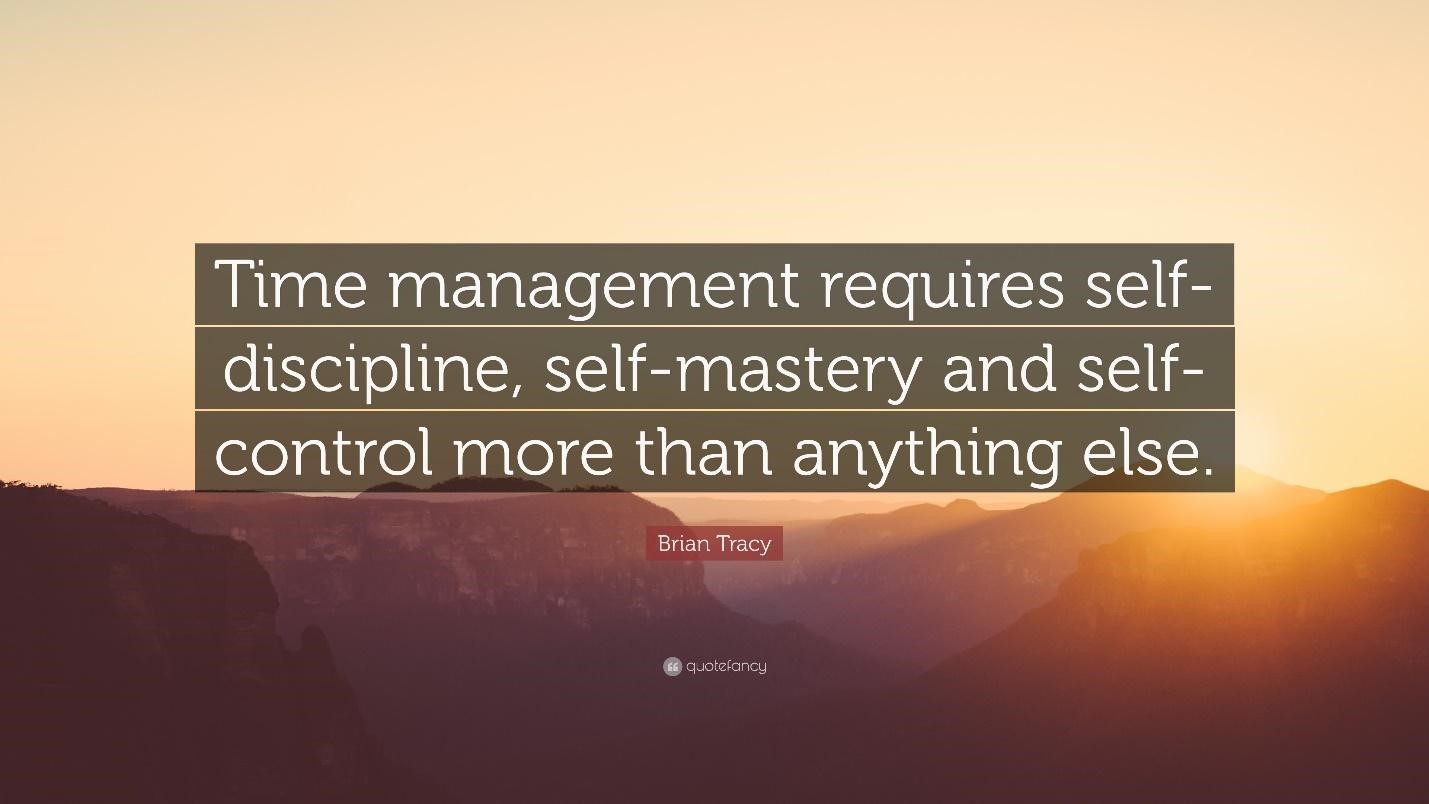



DISCIPLINE AND TIME MANAGEMENT IN UPSC PREPARATION

Preparing for the Union Public Service Commission (UPSC) exams demands not just academic excellence but also disciplined time management. The UPSC exams are among the most competitive and challenging in India, requiring comprehensive preparation and strategic planning. Discipline and effective time management are key factors that can significantly enhance one's chances of success in these exams.
Importance of Discipline
Discipline is the foundation of success in UPSC preparation. It encompasses commitment, consistency, and self-control.
Consistent Study Routine: Discipline ensures that aspirants stick to a consistent study routine. This means setting specific study hours and sticking to them thoroughly. A well-structured timetable allocates time for each subject, ensuring comprehensive coverage of the vast UPSC syllabus.
Focused Approach: Discipline helps in maintaining focus even during the time of distractions. With disciplined study habits, aspirants can resist temptations and stay dedicated to their goal of cracking the UPSC exam.
Developing Self-Control: UPSC preparation requires sacrifices. Discipline cultivates self-control, allowing aspirants to prioritize study over leisure activities and short-term understandings.
Devotion to Study Plan: Following a disciplined study plan enables aspirants to cover the syllabus systematically. It ensures that all subjects and topics are adequately addressed within the available time frame.
Building Flexibility: Discipline inculcates resilience, which is vital during the rigorous and demanding preparation phase. It helps aspirants bounce back from setbacks and stay motivated throughout the journey.
Strategies for Maintaining Discipline
Create a Realistic Timetable: Develop a detailed timetable that allocates sufficient time for each subject and revision. Adequate breaks and leisure activities to maintain mental and body Health.
Set Clear Goals: Define short-term and long-term goals to stay focused and motivated. Monitor progress regularly and make necessary adjustments to the study plan.
Eliminate Distractions: Identify and eliminate distractions during study hours. This might involve limiting social media usage, finding a peaceful study space, or using apps to block distracting websites.
Practice Self-discipline: Cultivate habits like waking up early, exercising, and meditating to enhance self-discipline. These habits contribute to overall well-being and productivity.
Importance of Time Management:
Effective time management is essential for optimizing productivity and minimizing stress during UPSC preparation.
Optimal Resource Utilization: Time management ensures optimal utilization of available resources, including study materials, coaching classes, and online resources.
Balanced Preparation: By allocating time strategically, aspirants can balance preparation for all subjects and topics. This prevents neglecting any particular section of the syllabus.
Improved Efficiency: Time management enhances efficiency by prioritizing tasks based on their importance and urgency. Aspirants can focus on high-value topics and practice answer writing within time constraints.
Stress Reduction: Proper time management reduces stress and anxiety associated with exam preparation. It promotes a sense of control and accomplishment.
Adaptability: UPSC exams require adaptability due to dynamic syllabus changes. Effective time management allows aspirants to accommodate revisions and updates without compromising on preparation.
Strategies for Effective Time Management
Create a Study Schedule: Develop a daily, weekly, and monthly study schedule. Allocate specific time slots for each subject, revision, and mock test.
Prioritize Tasks: Identify high-priority tasks and tackle them during peak concentration hours. Delegate less important tasks to less intensive study periods.
Use Productivity Techniques: Employ techniques like the Pomodoro Technique (working in focused intervals with breaks) to enhance productivity and maintain focus.
Regular Assessments: Regularly assess progress and adjust the study plan accordingly. Identify weaknesses and dedicate more time to challenging topics.
Utilize Breaks Effectively: Take short breaks between study sessions to recharge. Engage in physical activities or hobbies to refresh the mind.
In conclusion, discipline and time management are essential for success in UPSC exams. Aspirants must cultivate disciplined study habits and employ effective time management strategies to navigate the vast syllabus and the demanding nature of the exams. By maintaining discipline and managing time efficiently, UPSC aspirants can boost their confidence, optimize their preparation, and enhance their chances of clearing exams with flying colours.
© 2024 iasgyan. All right reserved